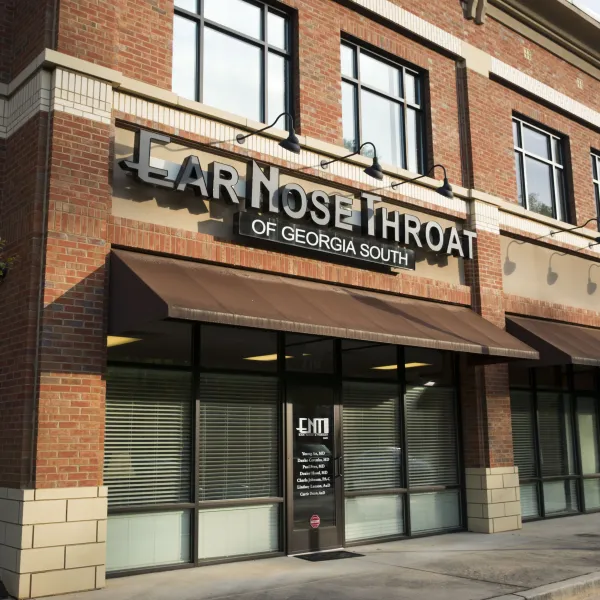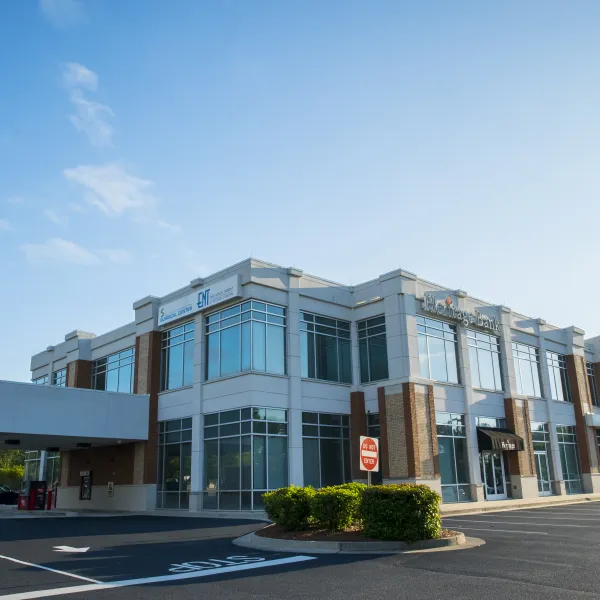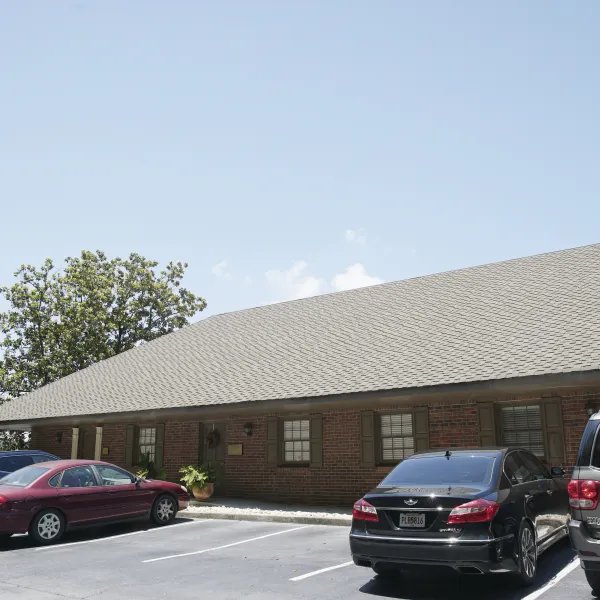
Tympanoplasty

What is
Tympanoplasty?
Tympanoplasty is the surgical operation performed in order to reconstruct the eardrum and/or the small bones of the middle ear (ossicles). The reason for a tympanoplasty can be a perforated eardrum, or fixation or erosion of one of the ossicles.
A perforated eardrum is a hole in the eardrum, a thin membrane which separates the ear canal and the middle ear. The medical term for eardrum is tympanic membrane. The middle ear is connected to the nose by the eustachian tube, which equalizes pressure in the middle ear. A perforated eardrum is often accompanied by decreased hearing and occasional discharge. Pain is usually not persistent.
Causes of
Eardrum Perforation
The causes of a perforated eardrum are usually from trauma or infection. A perforated eardrum can occur:
- Middle ear infections may cause pain, hearing loss and spontaneous rupture (tear) of the eardrum resulting in a perforation. In this circumstance, there maybe infected or bloody drainage from the ear. In medical terms, this is called otitis media with perforation.
- Various trauma can cause an ear to rupture: sticking Q-tip in ear too far, water skiing, tubing, diving, or an explosion. Or, if the external ear is struck squarely with an open hand
- With a skull fracture
- After a sudden explosion
- As a result of hot slag (from welding) or acid entering the ear canal
- On rare occasions, a small hole may remain in the eardrum after a previously placed PE tube (pressure equalizing) either falls out or is removed by the physician.
- Most eardrum perforations heal spontaneously within weeks after rupture or trauma, although some may take up to several months. During the healing process, the ear must be protected from water and trauma. Those eardrum perforations which do not heal on their own may require surgery.
Effects on Hearing from
Perforated Eardrum
Usually, the larger the perforation, the greater the loss of hearing. The location of the hole (perforation) in the eardrum also affects the degree of hearing loss. If severe trauma (e.g. skull fracture) disrupts the bones in the middle ear which transmit sound or causes injury to the inner ear structures, the loss of hearing may be quite severe.
If the perforated eardrum is due to a sudden traumatic or explosive event, the loss of hearing can be great and ringing in the ear (tinnitus) may be severe. In this case, the hearing usually returns partially, and the ringing diminishes in a few days. Chronic infection as a result of the perforation can cause major hearing loss.
Treatment of the
Perforated Eardrum
Before attempting any correction of the perforation, a hearing test should be performed. The benefits of closing a perforation include prevention of water entering the ear while showering, bathing or swimming (which could cause ear infection), improved hearing, and diminished tinnitus. It also may prevent the development of cholesteatoma (skin cyst in the middle ear), which can cause chronic infection and destruction of ear structures.
If the perforation is very small, otolaryngologists may choose to observe the perforation over time to see if it will dose spontaneously. They also might try to patch a cooperative patient's eardrum in the office. Working with a microscope, your doctor may touch the edges of the eardrum with a chemical to stimulate growth and then place a thin paper patch on the eardrum. Usually, with the closure of the tympanic membrane, improvement in hearing is noted. If your physician feels that a paper patch will not provide prompt or adequate closure of the hole in the eardrum, or attempts with paper patching do not promote healing, surgery is considered.
Tympanoplasty can be performed through the ear canal (transcanal approach), through an incision made in the ear canal (endaural approach) or through an incision behind the ear (postauricular approach). A graft is taken in order to reconstruct the tympanic membrane. The tympanoplasty is performed under general anesthesia on an outpatient basis.
Our Convenient
Office Locations



Buckhead
1218 W Paces Ferry Rd NW
UNIT 208
Atlanta, GA 30327
Monday - Thursday 8am - 4:30pm
Friday - 8am-2:30pm






